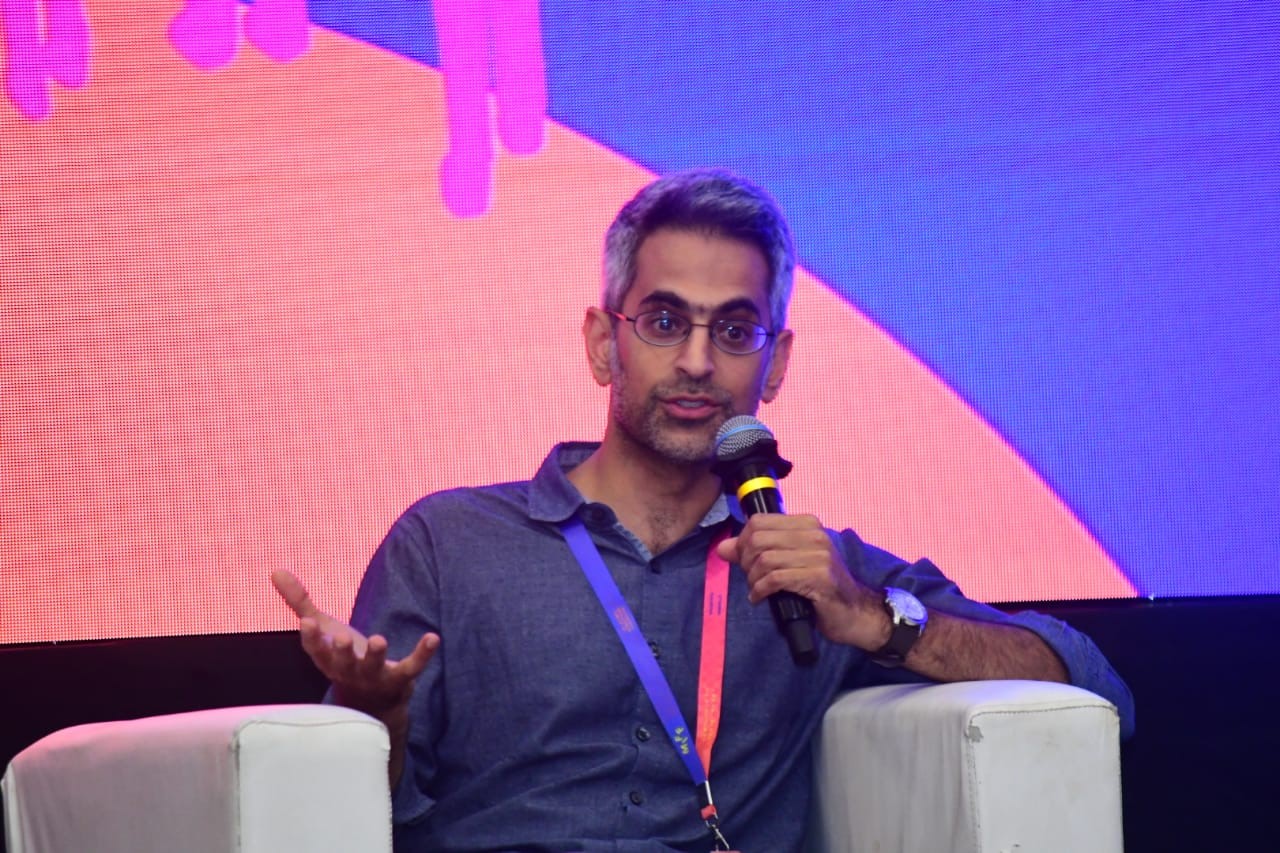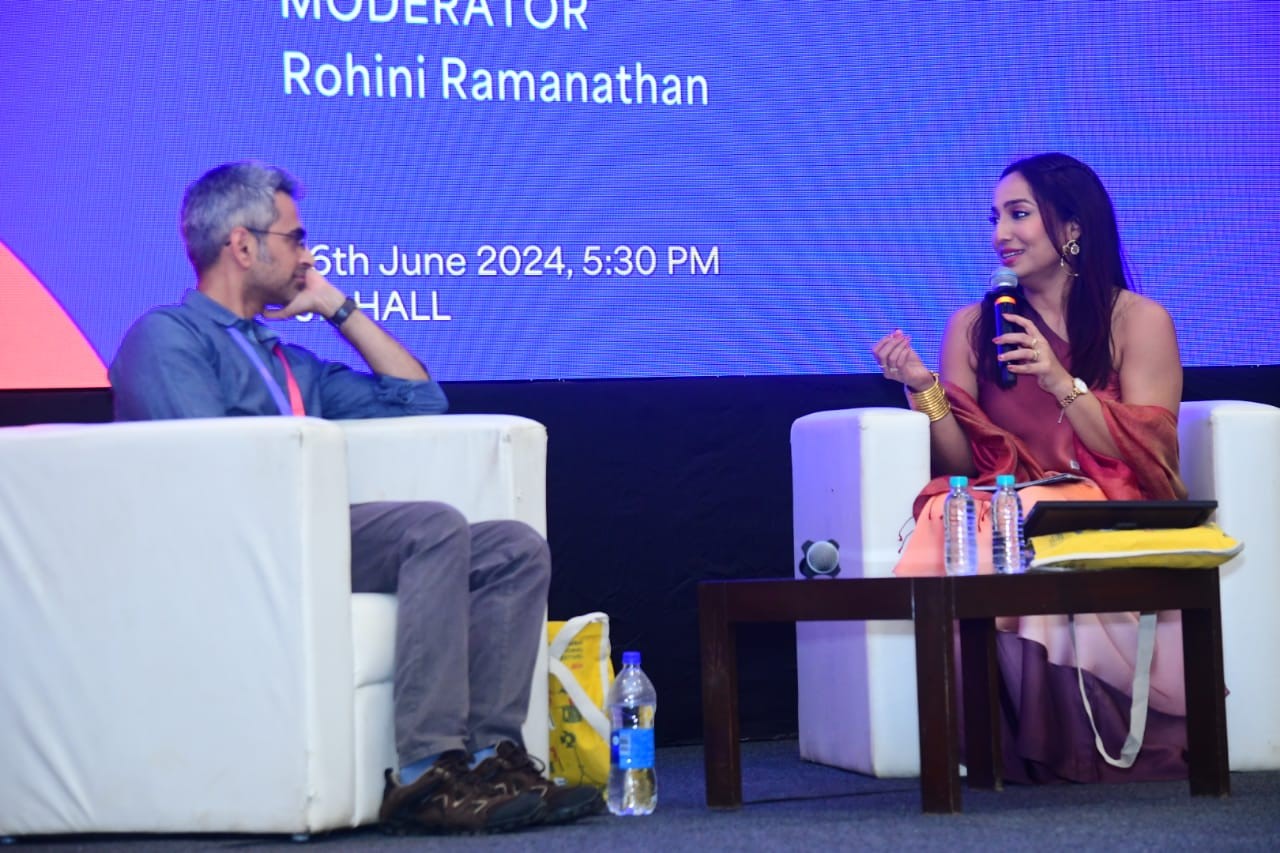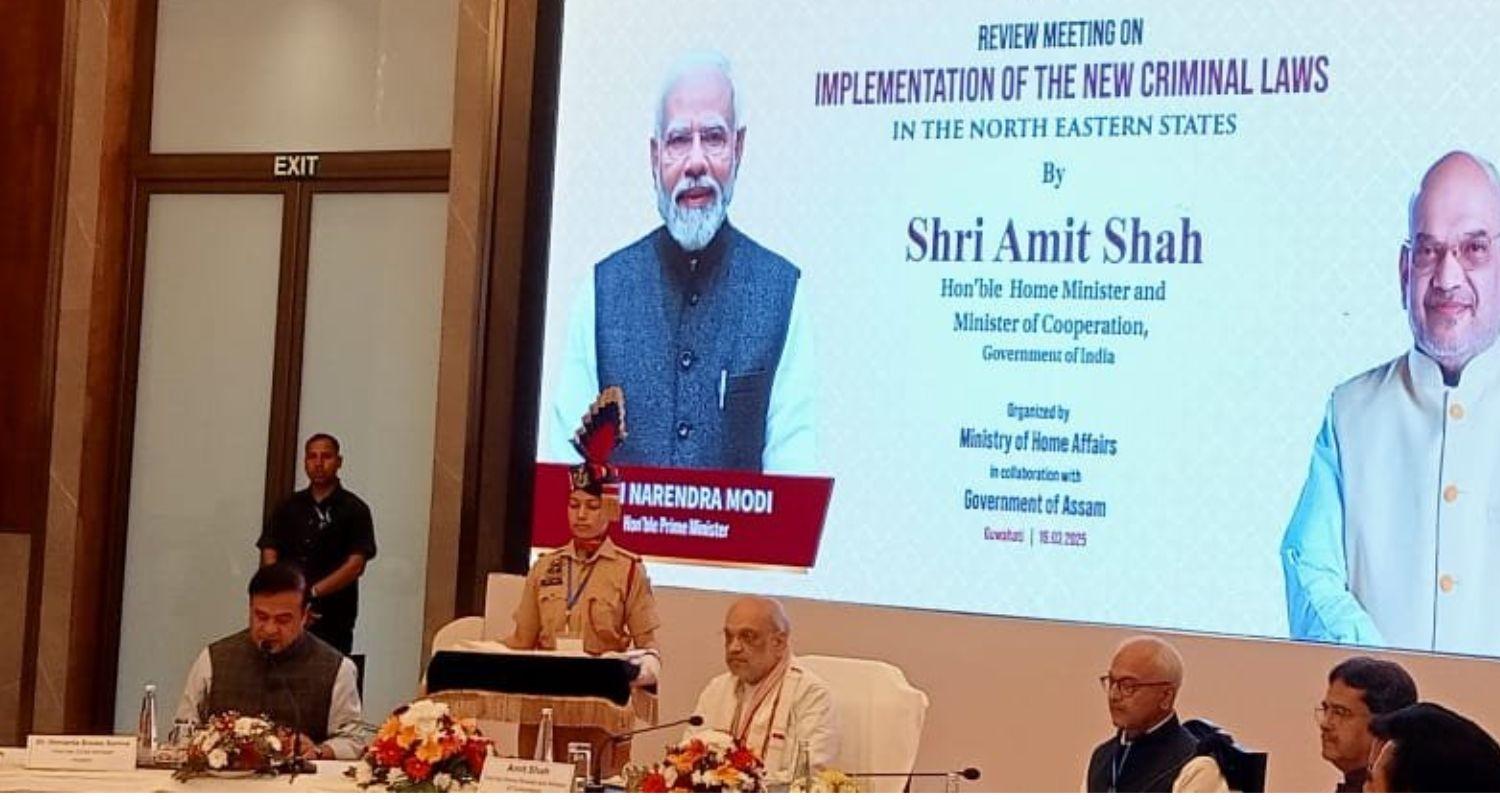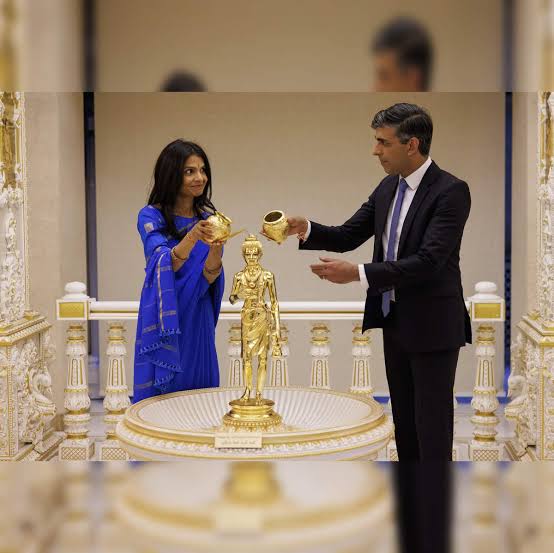At the 18th Mumbai International Film Festival for Documentary, Short Fiction, and Animation Films, Emmy Award-winning director Richie Mehta shared his expertise during an engaging In-Conversation session. Mehta, known for his acclaimed series ‘Delhi Crime’ and ‘Poacher,’ discussed the intricacies of crime thriller filmmaking. The session was moderated by renowned radio personality Rohini Ramnathan.
 Mehta highlighted the enduring importance of a well-crafted script and strong acting. “What makes films timeless are good scripts and acting. Casting and research are crucial,” he emphasized, pointing to the foundational elements of compelling storytelling.
Mehta highlighted the enduring importance of a well-crafted script and strong acting. “What makes films timeless are good scripts and acting. Casting and research are crucial,” he emphasized, pointing to the foundational elements of compelling storytelling.
Despite his success in the crime genre, Mehta revealed his broader storytelling aspirations. “I’m not interested in telling local stories that local filmmakers can narrate better. I’m drawn to big stories that explore what we are capable of as a species,” he explained. He views the crime genre as a vehicle to engage audiences and address broader, complex themes. “Entertainment is a means to an end, not the end,” he added.
Mehta recounted how his interest in elephant poaching, which led to the creation of ‘Poacher,’ was sparked by crowd-sourced footage of an ivory bust during his documentary “India in a Day.”
As an NRI filmmaker, Mehta feels a deep responsibility to contribute to his homeland. He stressed the importance of research in filmmaking, saying, “We talk to people, learn from them, and show things that audiences aren’t used to seeing. If I personify animals, their reaction towards humans is either fear or indifference.”
The session also explored the technical and linguistic challenges of directing a series in multiple languages. “It was a tremendous learning experience. I had to ensure that what I wrote in English was accurately translated,” Mehta shared.
Looking forward, Mehta is embarking on a long-term project researching tigers and big cats. Addressing his writing process, he expressed a preference for individual research over a writers’ room approach, which he finds potentially distracting. “I love the research in writing,” he concluded.




